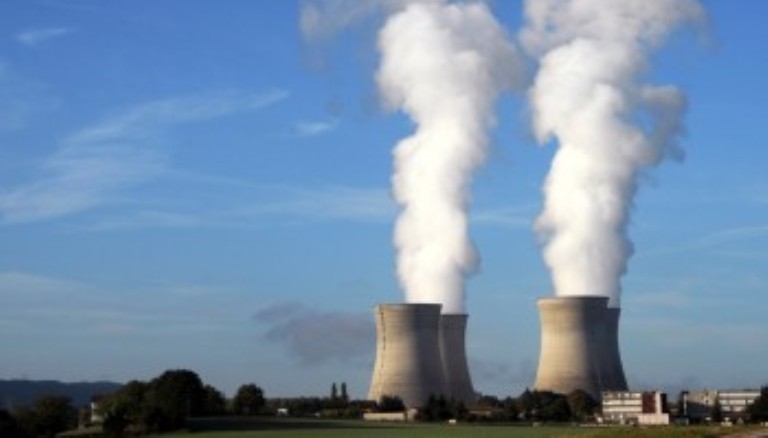Sudan completes preliminary surveys of nuclear power plant: minister

September 18, 2017 (KHARTOUM) – Sudan’s Minister of Water Resources, Irrigation and Electricity Muataz Musa said the preliminary surveys to determine the site of the first nuclear power plant had been completed.
Since several years, Sudan announced it had plans to build a four-reactor nuclear power plant to fill the gap in power generation by 2030.
In May 2016, Sudan and China have signed a framework agreement to build a 600-megawatt atomic reactor.
The Russian State Corporation for Atomic Energy (Rosatom) last year said it is planning to sign a memorandum of understanding with Sudan’s Ministry of Water Resources, Irrigation and Electricity for the peaceful use of nuclear energy.
Also, last December, Musa told the parliament that preparations would begin in 2017 for building the first nuclear power plant to produce 1200 megawatt (MW) of electricity.
Speaking before the 61st Annual Regular Session of the International Atomic Energy Agency (IAEA) General Conference in Vienna on Monday, Musa said his country is continuing its efforts to develop elements of its infrastructure for the implementation of its nuclear program.
He announced the completion of the preliminary surveys to determine the site of the nuclear plant and the beginning of the action plans of the confirmatory and detailed studies by the end of the year.
Musa stressed the importance of the IAEA role in promoting peace and development through the expansion of the peaceful uses of atomic energy.
The Sudanese minister underscored his country’s commitment to implement the IAEA programmes through hosting regional and international activities as well as its full adherence to the relevant agreements.
He pointed out that Sudan has signed memorandums of understanding and agreements with China and Russia in this regard, especially as these countries possess the safe nuclear technology.
Musa added the Sudanese parliament has passed a draft law on controlling nuclear and radiation activities, pointing to the formation of technical committees to formulate and update regulations of nuclear and radiation safety and security.
He praised the IAEA’s support for Sudan in the field of human and material capacity building for the National Nuclear and Radiological Control Agency.
Musa further said Sudan has drafted a national project in coordination with the technical cooperation department at the IAEA to establish a reference laboratory for food safety to measure residues of pesticides, fertilizers and antibiotics in animal and plant products.
(ST)
